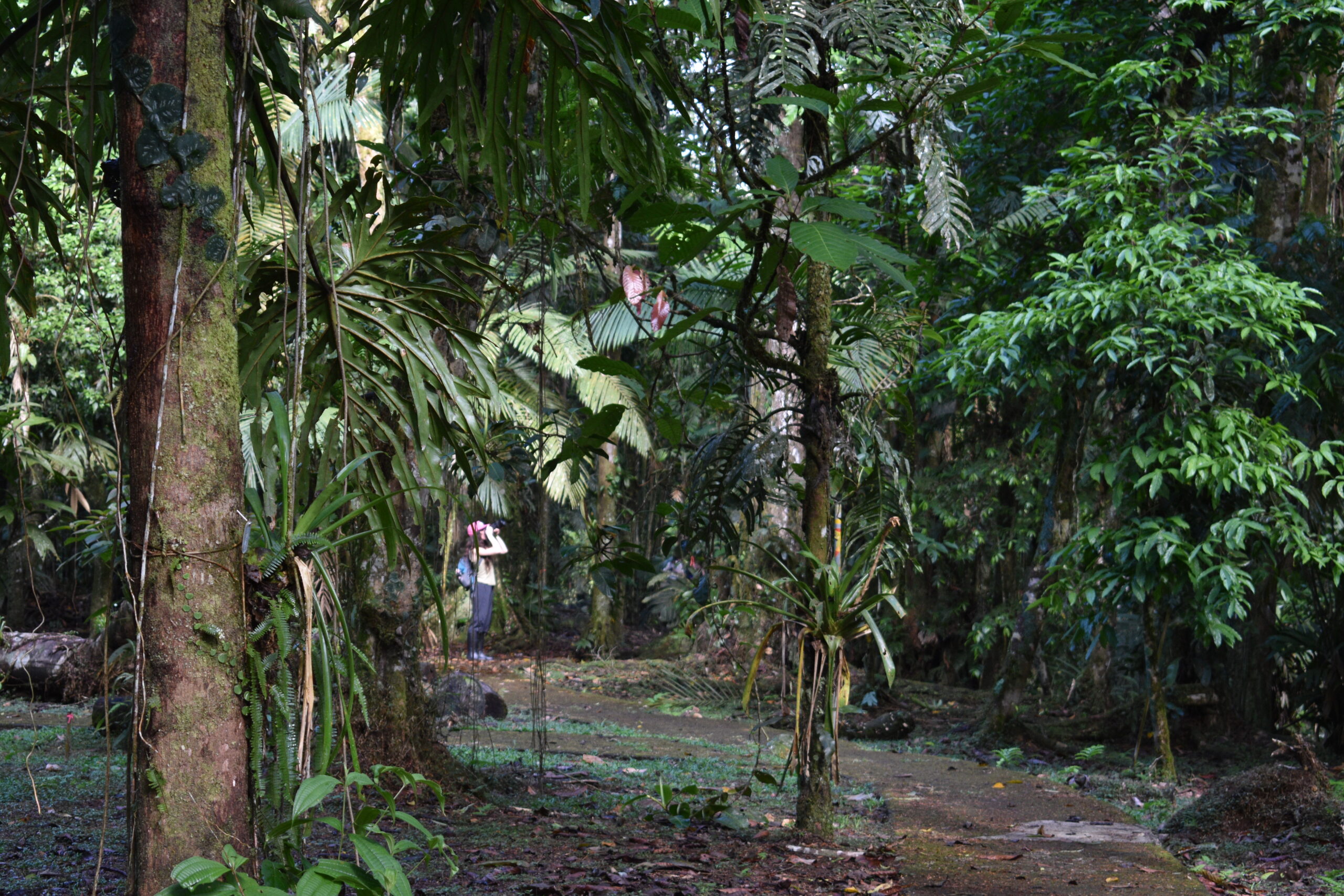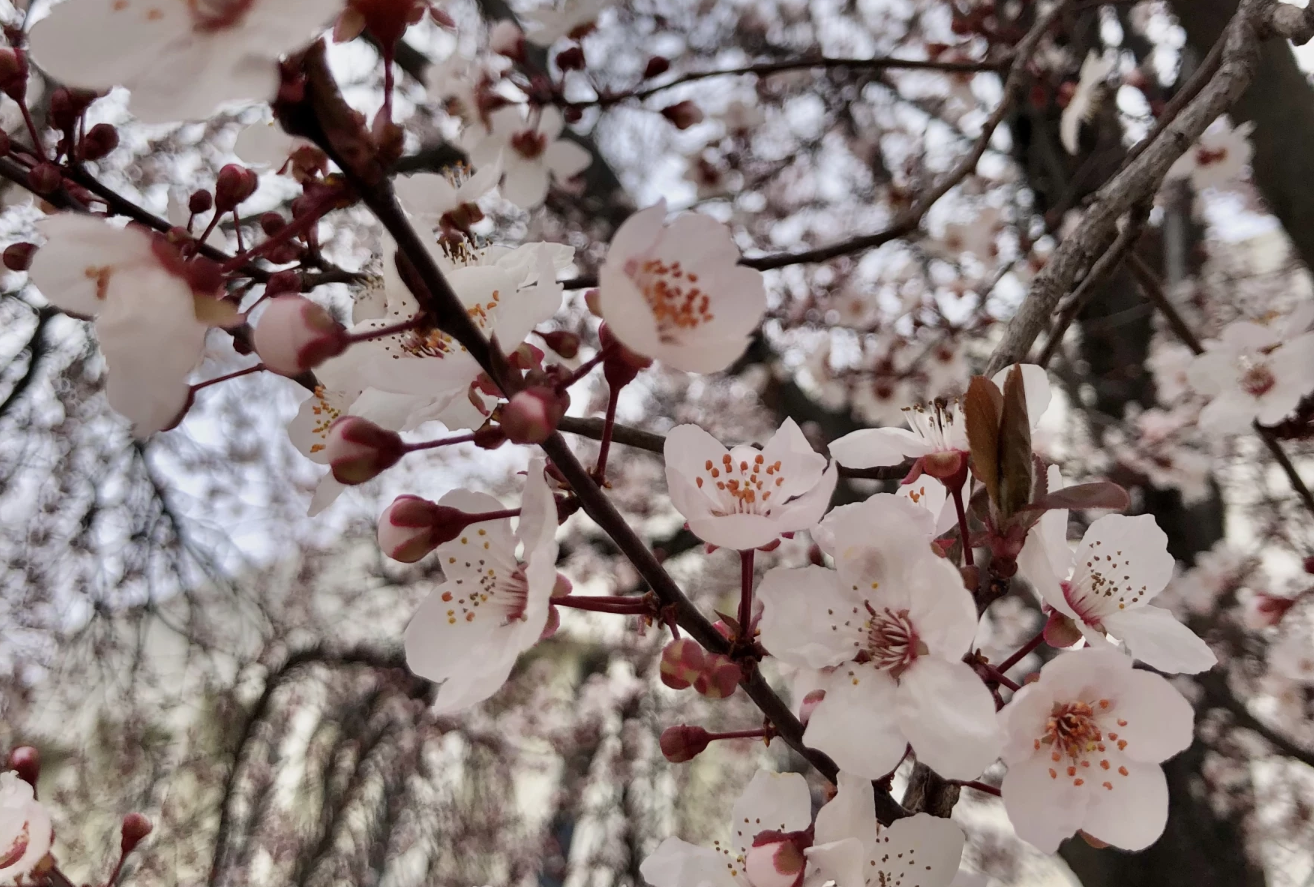This story was shared with permission from KUNR Public Radio. For an audio version of the story, please visit the KUNR website.
Bleets and bahhs rang out in Nevada’s Capital on April 13, 2024, as the Borda Sheep took to the hills surrounding Carson City. The sheep are part of the annual fuels reduction project, coordinated by the Carson City Parks, Recreation and Open Spaces Department.
Lyndsey Boyer, the department’s manager, said the fuel reduction program with the sheep began in 2006, following the 2004 waterfall fire that swept through Carson City.
“Like any fire in the Great Basin, what resulted was a proliferation of fine fuels, like cheatgrass and invasive annuals,” Boyer said. “So the sheep project was contemplated as a way to combat some of those fine fuels that we see coming in after a fire to prevent future fires from happening.”
The four-legged firefighters belong to the Borda Land and Sheep Company, who are third-generation Basque sheep ranchers in Northern Nevada. The Bordas have run sheep for over 100 years in the region.
Boyer said this year there will be two different groups – also known as “bands” – that will be grazing portions of Carson City.
“We have a North band and a South band. In total we will probably have close to 1,200 to 1,800 sheep.”
The South band has already begun grazing behind Greenhouse Garden Center. The North band started April 22, 2024, on the North end of town behind Western Nevada College. The sheep will be in the region until early June, after which they will migrate towards Dayton and then South.
Guard dogs and a sheepherder will be watching over the sheep as they graze near the city. Boyer also said the sheep will be on the move, changing locations frequently in order to prevent overgrazing.
“We really encourage people to come out to the sheep, but we do want to protect them while they’re out and we want to protect the public as well. So we do ask that folks either keep their dogs on a leash, or better yet just leave their dogs at home if they’re going to be recreating in the area or going to see the sheep,” Boyer said.
Kat Fulwider is the 2024 spring intern for KUNR and the Hitchcock Project for Visualizing Science.






